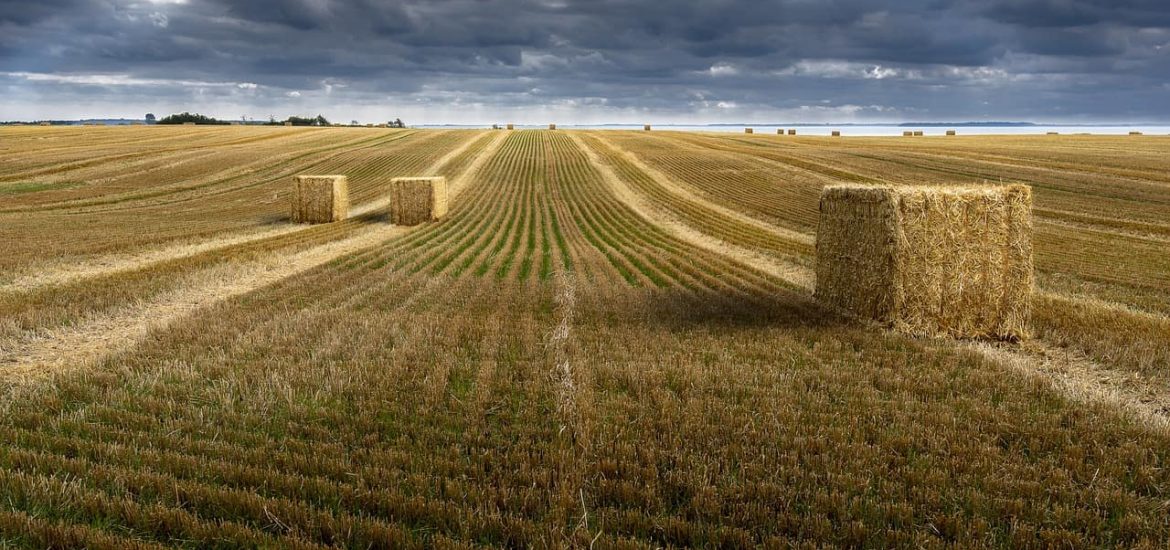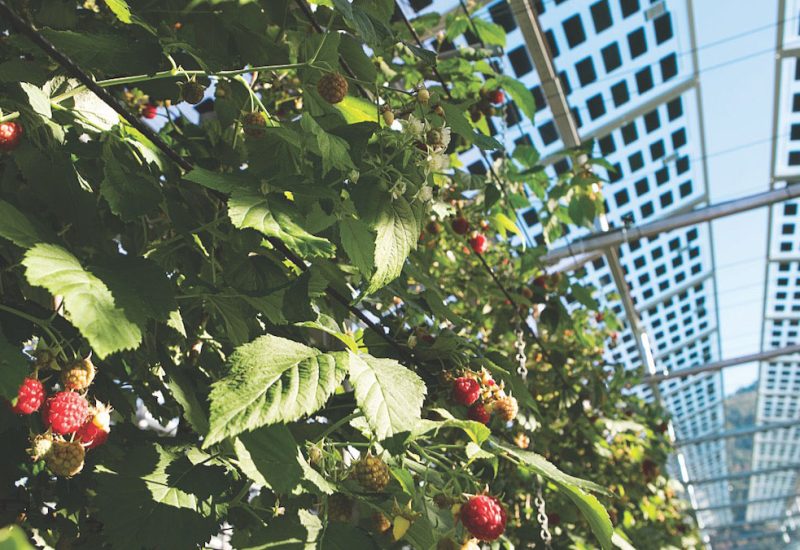Indirect effects of the conflict were often worse than direct effects in a simulation.

The war in Ukraine has been a shock to the global food system
Globalization has its many benefits, but it also comes with built-in vulnerabilities as events in one part of the world can have severe repercussions in other parts.
A case in point is the Russia-Ukraine conflict, which has disrupted global food supply chains.
Just to see how severe these distuptions have been and could be, a team of scientists has developed a model that incorporated data from 192 countries and territories with 125 food and agricultural products. Their aim was to quantify relative reductions in product availability as a result of the conflict.
They found that indirect effects were often worse than direct effects. A shock to Ukrainian corn production, for instance, led to a 13% decline in pork availability in Southern Europe. By comparison, a shock to Ukrainian pork production itself had am effect of less than 1%, they report in a study in the journal Nature Food.
“This model enabled us to simulate shocks to specific products and countries, closely monitoring the subsequent effects across the entire supply chain,” explains Moritz Laber, a researcher at the Complexity Science Hub in Vienna.
In a worst-case scenario with agricultural production in Ukraine completely lost, diverse effects would be felt on products and regions worldwide, the scientists found.
“The loss of grains, particularly maize, reached up to 85%, while edible oils, especially sunflower oil, experienced losses of up to 89%. Additionally, certain meat types, such as poultry, suffered losses of up to 25% in various countries,” Moritz Laber, a scientist at the same institution.
“The number of products for which a region is dependent on Ukraine varies greatly: Southern Europe is the most affected, with 19 out of 125 products with losses of more than 10%, followed by West Asia and North Africa, where this is the case for 15 and 11 products respectively,” the scientists note.
Extreme weather events, economic crises and other geopolitical tensions can trigger similar disruptions, which highlights the need to explore interdependencies within global food supply chains to fortify them against such shocks, the scientists say.








